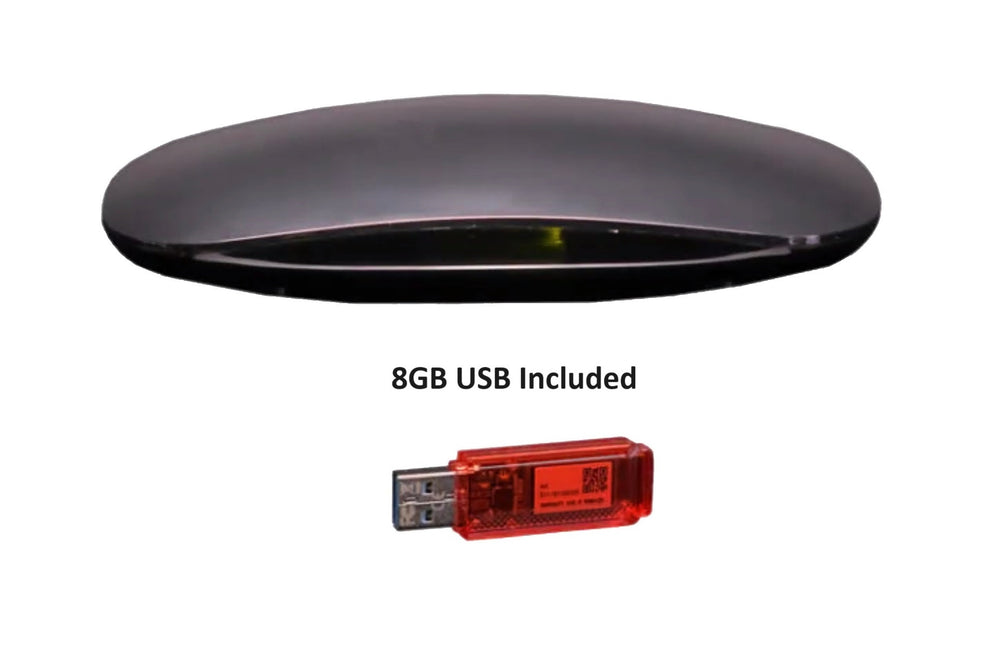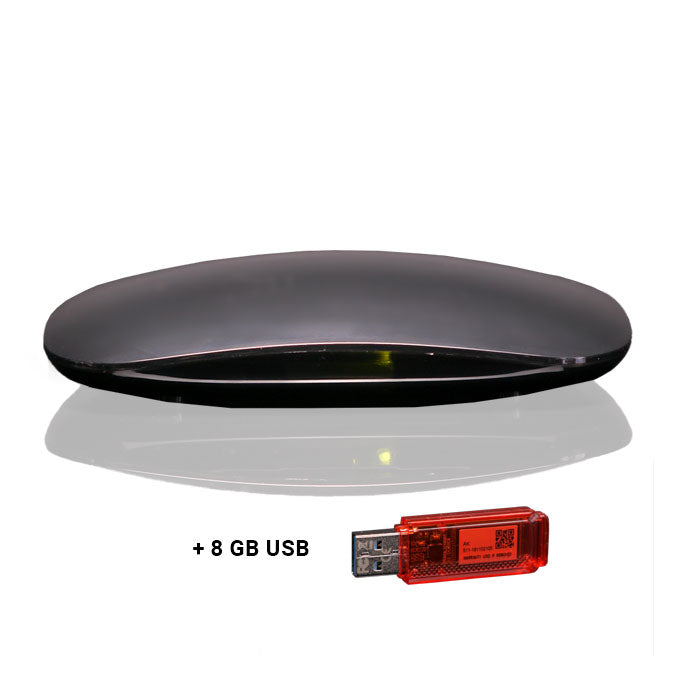Digital tv video recorder have revolutionized the way we consume television. They allow viewers to record their favorite shows, pause live TV, and even skip commercials, making the viewing experience more flexible and enjoyable. In this guide, we will explore the many features and benefits of digital TV video recorders, helping you choose the right one for your entertainment needs.
Understanding What a Digital TV Video Recorder Is
A digital TV video recorder is a device that allows you to record television programs onto a hard drive or other storage medium. Unlike traditional VCRs that use tapes, DVRs save content in a digital format, providing better picture quality and faster access to recorded shows. They can be standalone devices or integrated into cable and satellite set-top boxes.
Key Features to Look for in a DVR
When choosing a DVR, consider essential features like storage capacity, simultaneous recording capabilities, and user-friendly interfaces. Storage capacity is crucial as it determines how many shows you can record. Some DVRs allow for multiple recordings at once, making it easier to catch all your favorite programs without conflict.
Benefits of Using a Digital TV Video Recorder
The benefits of using a DVR are numerous. With the ability to record shows and movies, viewers no longer need to worry about missing their favorite programs due to scheduling conflicts. Additionally, many DVRs offer features like fast-forwarding through commercials and the ability to pause live TV, enhancing the overall viewing experience.
How Digital Video Recorders Work
Digital video recorders operate by converting video signals from your TV into a digital format, which is then stored on an internal hard drive or external storage. When you want to watch a recorded show, the DVR retrieves the data and streams it to your television. This process allows for seamless playback and easy navigation of your recorded content.
Choosing Between a Standalone DVR and a Built-in DVR
When selecting a DVR, you must decide between a standalone device or one integrated into your cable or satellite box. Standalone DVRs often offer more advanced features, while built-in DVRs are convenient as they come with your existing service. Assess your viewing habits and requirements before making a choice.
The Importance of Storage Capacity
Storage capacity is one of the most critical factors to consider when selecting a DVR. A larger hard drive means more shows can be recorded and stored. Some DVRs offer cloud storage options, allowing you to access your recordings from anywhere. When assessing storage needs, consider how often you record and how many programs you typically watch.
Recording Quality: What to Expect
The recording quality of a digital TV video recorder can vary depending on the device. Most modern DVRs record in high definition, offering superior picture and sound quality compared to older models. Ensure you choose a DVR that meets your expectations for recording quality, especially if you plan to watch on large screens.
Exploring Advanced Features of DVRs
Many digital video recorders come with advanced features that enhance the user experience. These may include smart TV integration, automatic commercial skipping, and the ability to access streaming services directly from the device. Evaluate these features to find a DVR that fits your lifestyle and viewing preferences.
DVRs and Streaming Services: Compatibility
As streaming services become increasingly popular, it is essential to ensure that your DVR is compatible with them. Some DVRs allow you to record content from streaming platforms, while others may only support traditional cable or satellite channels. Check compatibility options before purchasing to avoid any disappointments.
How to Set Up Your Digital Video Recorder
Setting up your DVR is typically a straightforward process. Most devices come with clear instructions and involve connecting the DVR to your television and cable or satellite service. After installation, you will need to configure the settings to suit your preferences, including recording schedules and storage management.
Troubleshooting Common DVR Issues
While Digital tv video recorder are generally reliable, issues can arise. Common problems include recording failures, playback errors, and connectivity issues. Understanding how to troubleshoot these problems can help ensure your DVR functions smoothly. Consult your user manual for specific troubleshooting steps.
Maintaining Your DVR for Longevity
Regular maintenance is essential for keeping your DVR in good working order. This may include updating software, managing storage space, and performing system resets when necessary. Keeping your DVR well-maintained will enhance its performance and longevity, providing you with uninterrupted entertainment.
FAQs
What is the difference between a DVR and a traditional VCR?
The primary difference between a DVR and a traditional VCR is the recording medium. DVRs record content in digital format, allowing for better quality and easier access. VCRs use tapes, which can degrade over time and offer limited recording capabilities.
Can I record shows from streaming services on my DVR?
Whether you can record shows from streaming services depends on your DVR model. Some advanced DVRs have features that allow recording from specific streaming platforms, while others only support cable or satellite channels.
How much storage do I need in a DVR?
The amount of storage you need in a DVR depends on your viewing habits. If you frequently record shows and movies, consider a DVR with a larger hard drive or cloud storage options to accommodate your needs.





